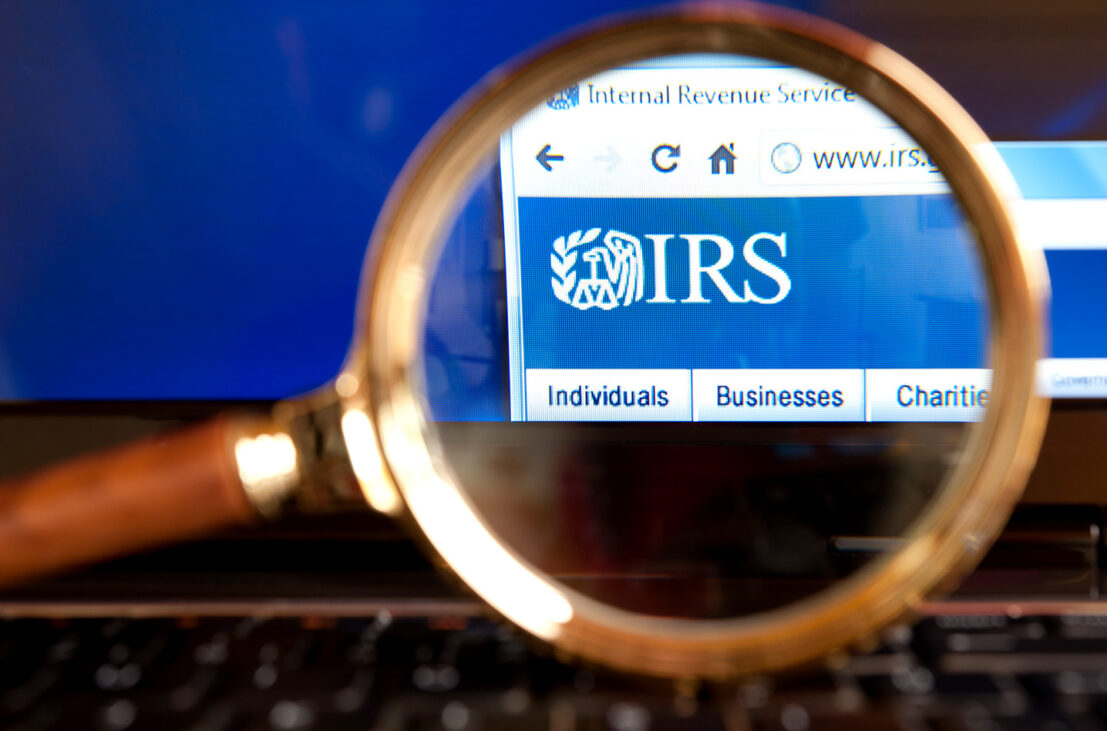
Feb. 29, 2024
Industry experts with decades of combined real-world experience sought to bring some perspective to the recent IRS announcement that the agency will “begin dozens of audits” of companies that use business aircraft, with a focus on tax policies related to non-business use of the aircraft, as well as other key considerations, during a Feb. 29 NBAA News Hour webinar.
John Hoover, partner at Holland & Knight, explained the IRS notice seems to indicate that while millions of people are compliant with tax regulations, people who use business aircraft are trying to circumvent the rules.
“What we see in terms of audits is a lot of complexity inherent in the rules,” Hoover told the nearly 700 webinar attendees. “It’s not simply misclassification of flights.”
Hoover explained aircraft use doesn’t fit neatly in two categories: business or personal. There are also tax implications for commuting, charity, political flights and many other categories.
Further, the rules can and do change. For example, the 2017 Tax Cuts and Jobs Act changed the rules regarding deductions and bonus depreciation. Since then, if any portion of a flight includes entertainment, the flight is very likely not deductible.
Ryan DeMoor, CAM, NBAA Tax Committee chair and head of aviation tax at MySky US, Inc., put the issue in realistic perspective by explaining how deductions of personal use of business aircraft really measure up to the overall value of companies using business aircraft.
“When it comes to the scale of personal use deductions, we’re talking about four pennies on a $10,000 transaction,” said DeMoor.
David Shannon, NBAA Tax Committee secretary and chair of business aviation practice, at Lewis Brisbois, also explained that personal use of business aircraft during the pandemic for personal health and safety reasons is not exempt from typical personal use regulations.
“The rules for qualified business use did not change because of COVID,” Shannon said, although NBAA and others did request – but did not receive – relief from the IRS for personal or commuting use during the pandemic.
Experts urged attendees to ensure their business and aircraft ownership structures are designed with IRS regulations in mind and practice good change management processes during the normal transitions of a typical business to ensure continued compliance.
Business aircraft users also must retain detailed records regarding the purpose of the flight, experts said. Agendas with stated business intent and timelines of the event are particularly useful, especially when an audit occurs several years after a flight in question.
Hoover explained that generally, records should be kept contemporaneously, that is, at the same time or very proximate to the flight. For example, a user looking at the previous tax year’s flights could collect contemporaneous descriptions of flights. Any records gathered for older flights should indicate the record was developed later/non-contemporaneously and list appropriate references or evidence supporting the record.
Business aircraft users also should be well-prepared for an audit, contacting their tax professionals now to make an audit plan in the event of IRS notification.
“A legitimate business flight doesn’t suddenly turn into a personal flight just because you’re being audited,” Shannon said. He recommended conducting mock audits with a tax professional questioning the business aircraft user and relevant employees as a means of preparing for an audit.
Shannon also pointed to NBAA’s Personal Use of Business Aircraft Handbook as an authoritative resource for business aircraft owners, and encouraged webinar participants to familiarize themselves with the handbook.
NBAA has questioned the broad-stroke implications in the recent IRS announcement, calling the notice “nothing more than an audit in search of a problem and an attempt to broadly paint with a negative brush the thousands of U.S. companies of all sizes that rely on business aircraft to effectively compete in a global marketplace.” View NBAA’s statement on the IRS announcement.
The NBAA Business Aviation Taxes Seminar, set for May 15, in Dallas, TX, will tackle these issues in more detail.


 International Business Aviation Council Ltd.
International Business Aviation Council Ltd.